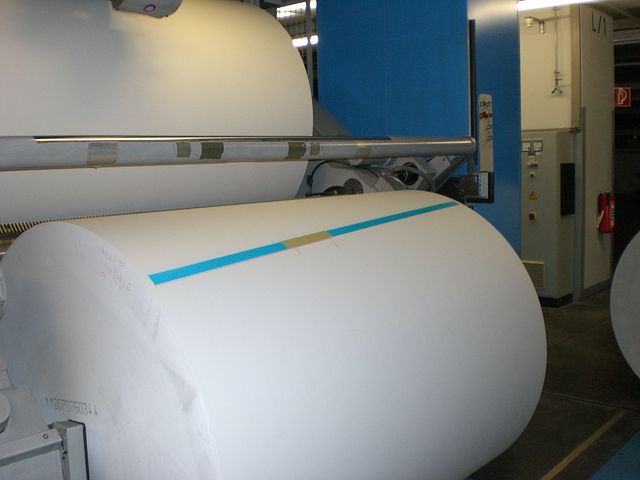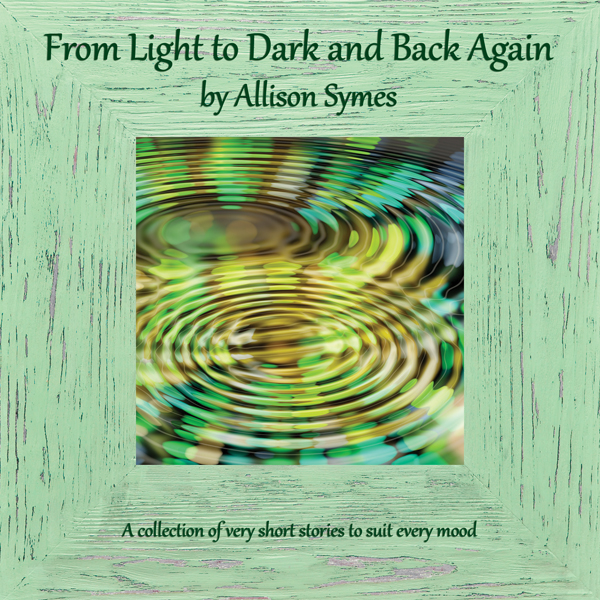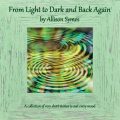Writing has a long history from over 3000 BC to the current day. I would summarise the major changes over the centuries as being:-
1. The methods by which people write. (The biro is one of the world’s great inventions, as was the fountain pen before it. I would not want to use a quill to write, though you have got to hand it to Shakespeare for his sheer creativity especially given the equipment he had. What would he have made of the typewriter, the word processor etc? His friends, John Heminge and Henry Condell, would have had a far easier time of it compiling the First Folio though and what wouldn’t they have given to be able to access the photocopier!).

2. What people used to write on – everything from cave walls to A4 paper to post-it notes.
3. The methods of publishing writing. We owe a huge debt to Guttenberg and Caxton. What would they make of online writing, where actual printing out is not always necessary, and where texts can be sent by email or scanned and stored?

4. For centuries only the privileged could read and write and then have access to books. I am so glad, in general terms, this is no longer true, though I would love to see a world where good literacy rates and access to books was a “given” everywhere. Sadly, this is still not the case and progress needs to be made on education, especially for girls and women, in particular areas. But that can and should be worked on. Compared with how we were a century ago, has progress been made? Yes – in our part of the world at least but I would like this to spur efforts on to make it true for everywhere.
5. The kinds of writing there are in terms of what is produced – everything from flash fiction to massive fantastical sagas to the Encyclopaedia Britannica and the Oxford English Dictionary.

Nobody has ever denied writing is important. Indeed, one of the first signs of a dictatorship is usually found in attempts to suppress or control writing (with journalists and novelists amongst the first targets. Just how popular in certain quarters was Harriet Stowe when Uncle Tom’s Cabin was first published? Answer: Not very!).
So what about online writing then? Is it a flash in the pan? Will it kill off print publishing?
I think online writing is simply another format for both writing itself and publishing. It is excellent for interactive work. I love finding suitable non-copyright contentious clips (especially musical ones) to put into my posts.
As for publishing, that never stands still. All that happens is publishers grow, merge with other publishing houses, go bust or more formats become available. How many book formats can you name off the top of your head? The big five are:-
Paperback
Hardback
Audio
Ebook (the ultimate in online writing I think).
Talking Book – see the RNIB link for more information on these. (I do think this should be listed separately from audio).
Of course within these formats there is a huge range of possibilities. Books with pictures (and not just for kids, cookery books for example would be much poorer without images), books with interactive sections, crime books (true crime as well as fictional), drama, fantasy, sagas etc.
Publishing is in no danger of dying out, thankfully, but it has been changing and will continue to do so. The fuel behind this is technology of course. The biggest changes in recent years have been the rise of audio books and print on demand.
Chapeltown Books, my publisher, uses print on demand. There are no warehousing costs, orders are quick to do and receive, and there is never any risk of a book being out of print.

Print publishing still has its day (and rightly so) but how many magazines exist on the shelves now as compared to those around in the 1970s/80s etc? Many have folded due to the rising costs of production but one area that overcomes those issues is online writing. Chandler’s Ford Today itself is a great example of this (but I would say that, wouldn’t I?).
I suspect Shakespeare would have made good use of the internet to spread the word about his plays and sonnets. It can be useful for drumming up ticket sales!
As for Dickens, he is really the first author to undergo the book tour. His regular trips to the USA for speaking tours were all sell outs. Would he sign up for Skype if able to? Yes, I think so. It would be the thought of all those different markets he could reach with his stories that would be the big draw and then there would be all the time he would save in NOT having to travel.

So online writing then? Well, firstly without the web and Tim Berners Lee, I wouldn’t be writing this article at all. Secondly, writing online has opened up possibilities for authors that had not existed before, especially ebooks. Blogging is just a modern version of keeping a journal when all is said and done but it is far easier to add pictures, video, music clips (copyright free of course or paid for as the case may be). It is also easier to link to other articles which tie in with your own, as I do for CFT.
There is never a case of NOT having a “fly in the ointment”. The downside of online writing? It has led to the closure of magazines (though it is a moot point as to whether these would have gone under anyway and online writing merely sped the process up). Copyright infringement is much easier to do online. It is NEVER okay to just copy and paste from another article. There is a huge difference between reading articles on and around your subject and then writing your own as compared to copying wholesale what you HAVE read elsewhere. I have been horrified at the selling of pre-written essays to students. I call this cheating.

So will online writing ever have its “sell by” date? I don’t think so. As technology continues to develop, writers will be needed to service that. The internet would be hopeless without information to put on it after all. People will only read online if there are interesting things to read on line. I also think online writing is a major blessing for historical records as anyone who has accessed the census records this way would probably agree.
As for killing off print publishing, I don’t think so. The paperback is such a convenient format, not everybody likes reading electronically or, as with me, they like a mixture of formats in which to read. Publishers need to cater for this and also in having different formats, it spreads their risks. In a generally risk-averse industry, that is important. Publishers bring books out in time for the Christmas market, knowing they make excellent presents and the biggest present for the publishers themselves is this is effectively pay day for them. So are they going to give up on the print books fuelling that? I don’t think so!

I love my Kindle. I find it useful for when I’m away (no more worries about how many books I can take with me). But I love a good paperback too. It is a treat to go into to a bookshop and actually go and buy a book (as opposed to ordering it online. That has its place but we need to support our bookshops if we are to keep them). I love writing with a real pen and paper (I often jot down initial story ideas before typing them up). I also love using an app on a smartphone to get some writing done while on long train journeys.

So my message then is to make the best of both worlds when it comes to writing. There’s plenty of room for writing on a line (time to get out the old biro!) and writing online. The ebook and the paperback can actually complement each other. It is not unknown for writers to produce their own ebook with bonus material in (usually about their characters in their main print books). This can be done cheaply, it does act as advertising for the print book, and is a bonus for those already fans of the writer. So whichever format you go for, enjoy them!
Related posts:-
Read interviews with Chandler’s Ford writer Allison Symes: Part 1 and Part 2.
Read blog posts by Allison Symes published on Chandler’s Ford Today.
Never miss out on another blog post. Subscribe here:













Publications are quickly produced and easily available now. There was a time when they weren’t.
[I was going to insert a photo of a chained library here but WordPress will not allow it.]
In recent years the mortality rate of investigative journalists has gone up as the mean and powerful, who fear exposure, arrange killings. The most recent one was a fake but many were real enough. Writing can be a dangerous game.
It is not only investigative journalists who are in danger of assassination, satirists (Charlie Hebdo) and novelists (Salmon Rushdie) spring to mind. What is bad is the lack of support for them from the mainstream media. Easier to publish material that does not offend. When writing for blogs, however, one faces almost insurmountable difficulties with requirements for presentation. Despite a proliferation in modes of presentation opportunities to reach readers remain as difficult a ever.
Many thanks, Mike and David. David beat me to it in that I was going to say fiction writers are not necessarily exempt from risk. Orwell’s 1984 is still controversial, though sadly still as relevant as ever. Would Orwell have been at risk, safety wise, these days? I think so. But was he right to write as he did? Absolutely, yes. Investigative journalists have always been at risk, sadly, due to the nature of what they do, but how vital they are (as are magazines like Private Eye).